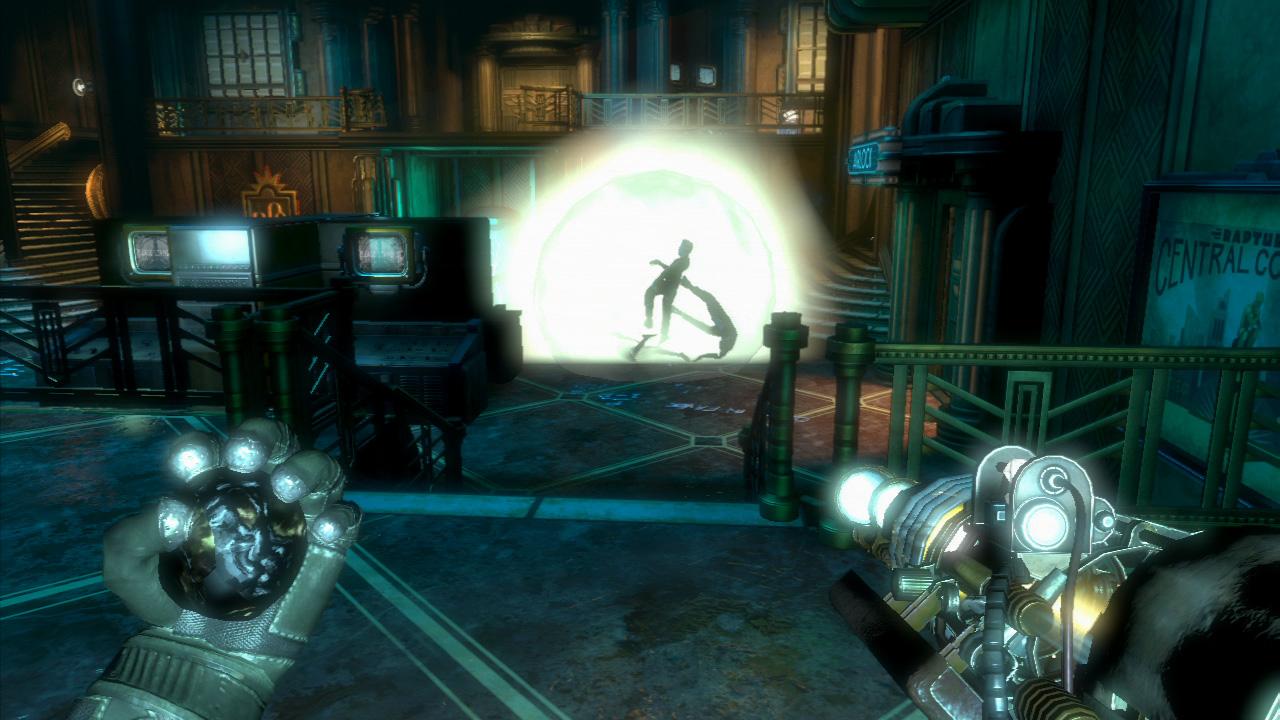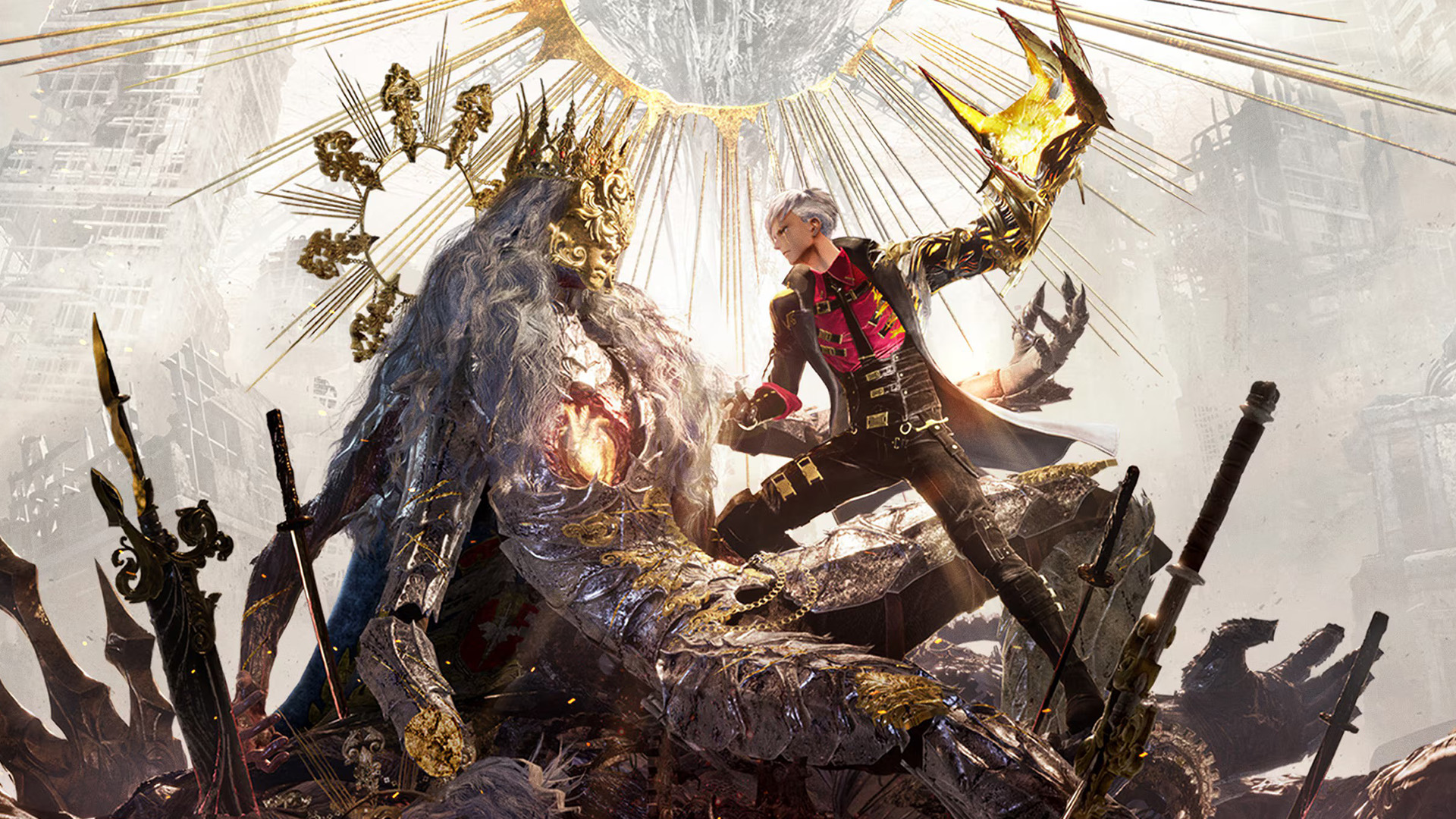Why you can trust GamesRadar+
We’ve nowdiscussed the “what” and “how” of BioShock 2, but as anyone familiar with the first game can attest, it’s the “who” and “why” and “where” that are truly important to the series. This isn’t a Halo or a Modern Warfare, after all… while you may adore the action, the real reason you’re playing is for the deep story, the dark setting and the damaged characters.
You won’t be disappointed, and believe us, we were ready to be disappointed. The secret of the original BioShock’s protagonist was such a mind-blowing revelation, for instance, that we didn’t think a new hero could possibly compare. We were wrong. Subject Delta, the Big Daddy prototype you control, is equally compelling. And because his identity and motivation are presented as a mystery from the start – rather than a “gotcha!” moment halfway through the game – you’ll find yourself much more intrigued and far more hungry for clues.
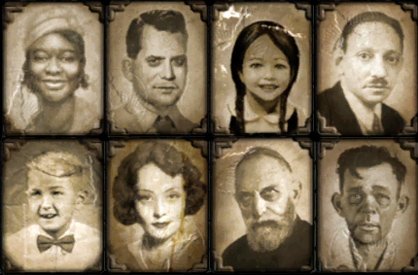
What’s especially unsettling is that every character you meet seems to have these clues. You’re a confused amnesiac with no memory of your former life, but many of Rapture’s residents – major, minor, poor, rich, dead, alive, sympathetic, sinister – remember you clearly, and hold very strong opinions about you. Augustus Sinclair, a smooth-talking entrepreneur who guides you through the game, claims he wants to fix you. Gil Alexander, an increasingly deranged scientist, was clearly involved in your creation. Grace Holloway, a bitter jazz singer, blames you for a tragedy in her past and desires nothing more than your slow and painful demise.
Family feud
No one, however, hates you as much as Sofia Lamb. No one is as intent on hunting you down and putting a permanent end to your mission. And yet, ironically, no one spends more time talking to you, reasoning with you or attempting to gain your sympathy. We doubted the writers behind BioShock 2 could create an opposing force as destructive as the first game’s Frank Fontaine, or a philosophical figure as tragically, fascinatingly flawed as Rapture mastermind Andrew Ryan. Again, we were wrong. In new villain Sofia Lamb, they’ve done both.
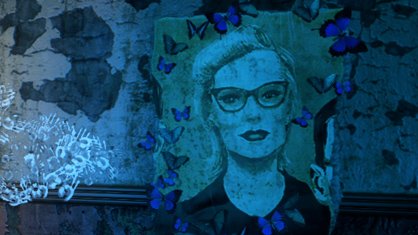
She’s no copy, though. Lamb is complex in her own way. She’s a woman of science, but also a woman of faith. She’s a social psychiatrist who believes in helping people, but also a cult leader willing to sacrifice followers for the greater good. She’s the present ruler of Rapture, but with complex ties to the previously mentioned tyrants of the past. Above all else, she’s a mother… and therein lies the almost Shakespearean drama of BioShock 2. Her daughter Eleanor is your original Little Sister.
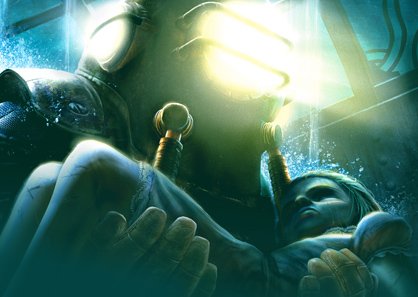
In the first BioShock, your goal was vague and detached – save some stranger’s unseen family. In the sequel, you have a much more personal purpose. You need Eleanor to survive, both physically and emotionally. She is the only thing that gives you meaning in Rapture. Unfortunately, that mission is in direct conflict with Sofia Lamb’s master plan, and perhaps even Eleanor’s wishes. The resulting conflict spans the entire game and tackles themes of love, free will and family dysfunction. It’s epic and, in many ways, more engaging than the story of BioShock 1.
Weekly digests, tales from the communities you love, and more
More info
| Genre | Shooter |
| Description | Taking place some years after the original title, BioShock 2 features the first Big Daddy returning to Rapture to stop the Big Sister and her ilk. Also, some long-awaited multiplayer has been added to the series. |
| Platform | "Xbox 360","PC","PS3" |
| US censor rating | "Mature","Mature","Mature" |
| UK censor rating | "18+","18+","18+" |
| Alternative names | "BioShock 2: Sea of Dreams" |

